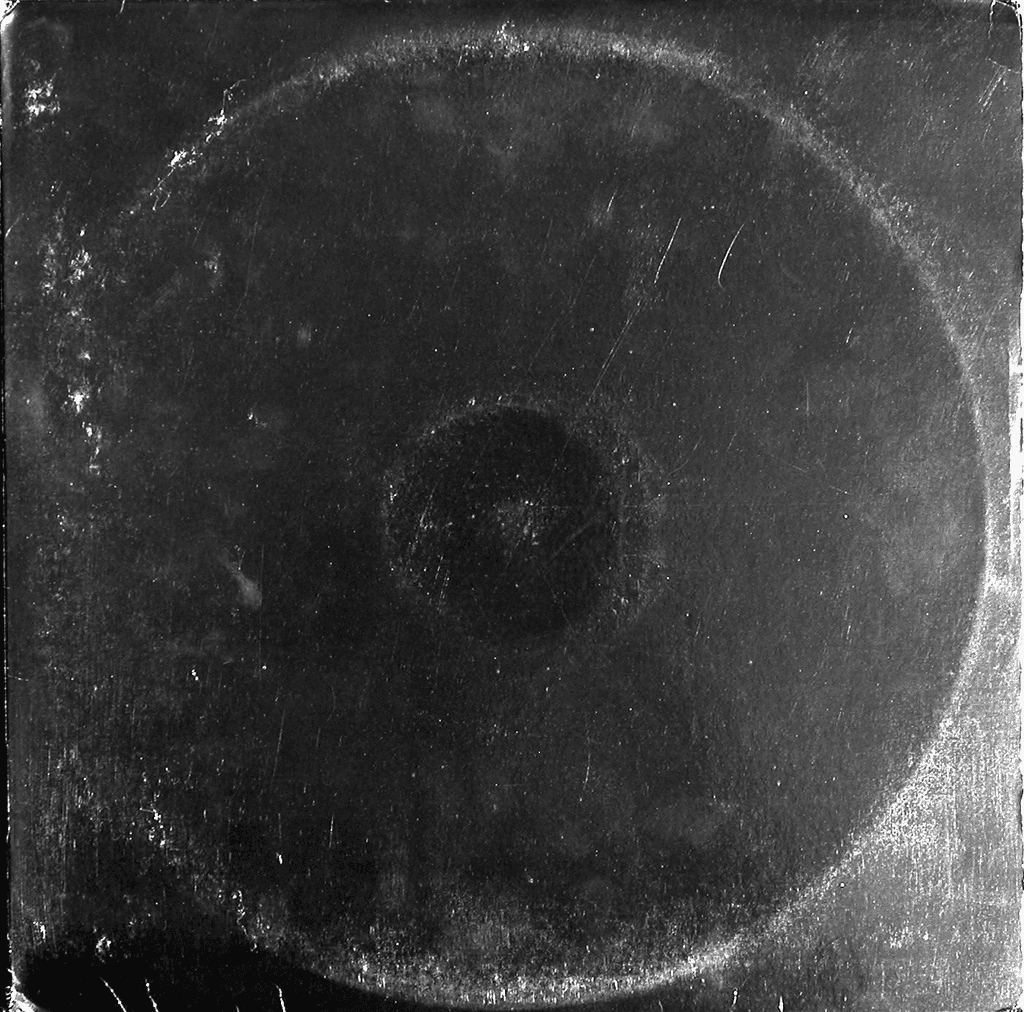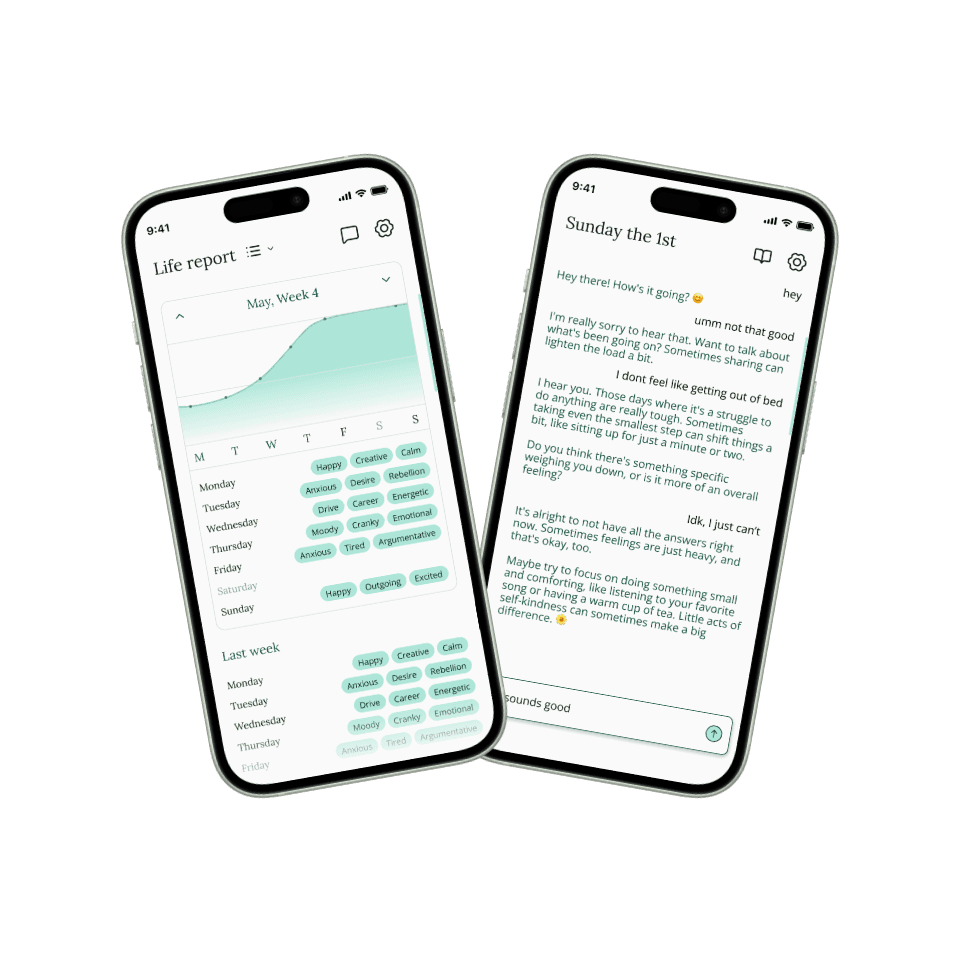
Client insights through self monitoring
Client insights through self monitoring
Apr 17, 2024
Apr 17, 2024
Encouraging clients to closely observe and record their own thoughts, feelings, and behaviors can be incredibly valuable – not just for the client, but for the therapist as well.
When a client takes the time to track and document their inner world, it provides the therapist with a treasure trove of insights that they simply couldn't access any other way. The therapist gains a much richer, more nuanced understanding of the client's unique struggles, patterns, and triggers.
Imagine a client who meticulously logs their mood swings, sleep quality, and interpersonal dynamics. With that kind of detailed information, the therapist can tailor their approach and interventions to the client's specific needs. It allows the therapist to be so much more targeted and effective in their work.
But the benefits don't stop there. Self-monitoring also tends to foster a stronger sense of collaboration and investment between the client and the therapist. By actively participating in documenting their experiences, clients feel heard, validated, and empowered to take a more active role in their own healing journey.
That kind of engagement and trust is the foundation of any successful therapy. It allows the therapist and client to work together as true partners in the process of growth and change.
Plus, the skills the client develops through self-monitoring – things like emotional intelligence and self-awareness – are gifts that keep on giving. Even after the therapeutic work is done, those capabilities can continue to serve the client in their daily life.
Of course, integrating self-monitoring requires a delicate touch. The therapist must make sure the process remains collaborative and responsive to the client's unique needs. There's always the risk of going too far down the self-reflection rabbit hole.
But when it's done right, client self-monitoring is an absolute game-changer for therapists. It deepens their understanding, strengthens the bond with the client, and ultimately helps the therapist facilitate lasting, transformative change. That's why many therapists are such strong advocates for this practice.
So if you're a fellow therapist, the recommendation is to explore ways of incorporating self-monitoring into your work. You might be surprised by just how much it can elevate the therapeutic experience – for both you and your clients.
Encouraging clients to closely observe and record their own thoughts, feelings, and behaviors can be incredibly valuable – not just for the client, but for the therapist as well.
When a client takes the time to track and document their inner world, it provides the therapist with a treasure trove of insights that they simply couldn't access any other way. The therapist gains a much richer, more nuanced understanding of the client's unique struggles, patterns, and triggers.
Imagine a client who meticulously logs their mood swings, sleep quality, and interpersonal dynamics. With that kind of detailed information, the therapist can tailor their approach and interventions to the client's specific needs. It allows the therapist to be so much more targeted and effective in their work.
But the benefits don't stop there. Self-monitoring also tends to foster a stronger sense of collaboration and investment between the client and the therapist. By actively participating in documenting their experiences, clients feel heard, validated, and empowered to take a more active role in their own healing journey.
That kind of engagement and trust is the foundation of any successful therapy. It allows the therapist and client to work together as true partners in the process of growth and change.
Plus, the skills the client develops through self-monitoring – things like emotional intelligence and self-awareness – are gifts that keep on giving. Even after the therapeutic work is done, those capabilities can continue to serve the client in their daily life.
Of course, integrating self-monitoring requires a delicate touch. The therapist must make sure the process remains collaborative and responsive to the client's unique needs. There's always the risk of going too far down the self-reflection rabbit hole.
But when it's done right, client self-monitoring is an absolute game-changer for therapists. It deepens their understanding, strengthens the bond with the client, and ultimately helps the therapist facilitate lasting, transformative change. That's why many therapists are such strong advocates for this practice.
So if you're a fellow therapist, the recommendation is to explore ways of incorporating self-monitoring into your work. You might be surprised by just how much it can elevate the therapeutic experience – for both you and your clients.
View more insightful blog articles
Today's tune



Track your mental health and get support between sessions with Verba
Learn more

Track your mental health and get support between sessions with Verba
Learn more

Track your mental health and get support between sessions with Verba
Learn more

Advait Naik
Advait is the founder of Verba and works at the intersection of psychology, design and technology to create a product that can help humans be more self aware through clarity